With a subtropical climate, Taiwan’s four seasons all offer unique experiences.
Spring is a great time for enjoying the outdoors before the weather becomes too hot and muggy. Attractions during the spring include Taiwan’s cherry and plum blossoms, high mountain flowers, and mountain climbing.
The summer is warm and humid and characterized by afternoon thunderstorms. Summer is also the time to experience Taiwan’s flourishing arts and culture industry, with every larger city hosting multiple international arts, film, and children’s arts festivals.
Fall offers a respite from the heat and is a great time to visit the entire island. The weather is stable, comfortable, and fairy dry until the northwestern monsoon begins in November.
Winter is generally chilly, except for Kaohsiung and Taitung where most days are still warm enough for short-sleeves. For those who are worried about the heat, the cooler period between October and May is recommended. Taiwan’s 100+ hot springs are a must-visit during the winter months.
Year-round clothing rules:
Spring: Sea level temperatures average 19-26 C (66-79 F): Short sleeves can be worn during the day time, but be sure to bring a fleece and wind-proof jacket for when the weather turns foul.
Summer: Sea level temperatures average 27-34 C (81-93 F). During the summer, quick drying synthetic clothing is one of the best ways to remain comfortable in the heat. Thin sunshirts and wide-brimmed hats offer full-proof sun protection that can’t be washed off by excessive sweating.
Fall: Sea level temperatures average 21-30 C (70-86 F). A mixture of short and long sleeves are suitable. Long pants become wearable as average day time temperatures recede. Fleeces and jackets become necessary for afternoons and trips into Taiwan’s high mountains.
Winter: Sea level temperatures average 14-20 C (57-68 F). Do not underestimate the difficulty of remaining warm in a humid cold climate. While these temperatures might not sound cold, most of Taiwan is wearing fleeces and down jackets due to the humidity. Long sleeves and jackets are a must. Consider bringing multiple layers to adjust to temperature changes.
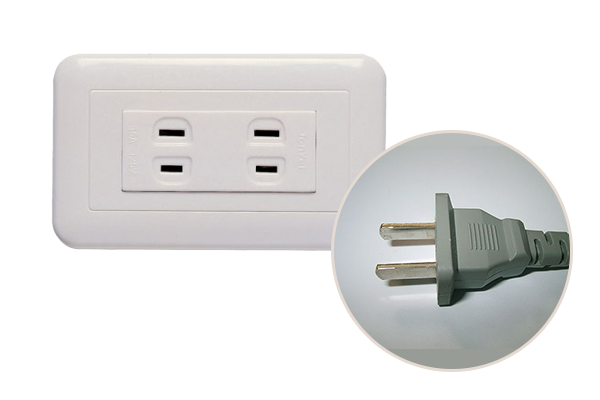
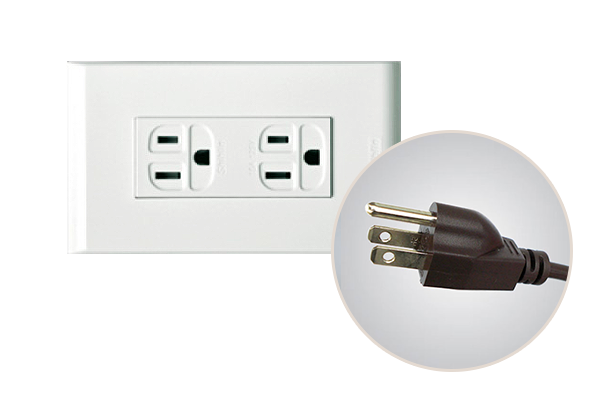
This depends on which passport you hold. Currently, residents of the United States of America, Canada, United Kingdom, Germany, France, New Zealand, and many other countries do not require to apply for a visa to travel to Taiwan and may stay visa-free for a duration of 90 days. For a full list of visa-exempt countries please refer to the Bureau of Consular Affairs Visa-Exempt Entry page.
Passport holders from countries not eligible for visa-free entry may still apply for tourist visas provided their passport is valid for at least 6 more months. For any further information, please visit the website of the Bureau of Consular Affairs, Ministry of Foreign Affairs. For any further questions about visa application, please contact: e-mail: post@boca.gov.tw, TEL: +886-2-2343-2888.
Travelers who receive a positive quick test for COVID-19 should follow the “0+n self-health management” approach. No quarantine is required, but unnecessary departures from their residence/hotel room should be avoided and masks should be worn at all times when outside. These procedures should be followed until a negative quick test is received, or 10 days after the most recent positive test. (For more info please refer to the Taiwan Tourism Bureau and Taiwan CDC’s 3/20/2023 Press Release)
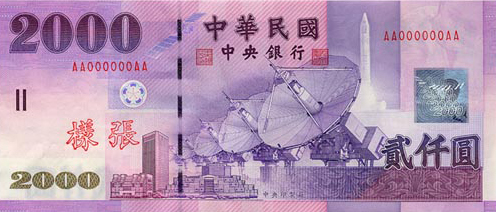
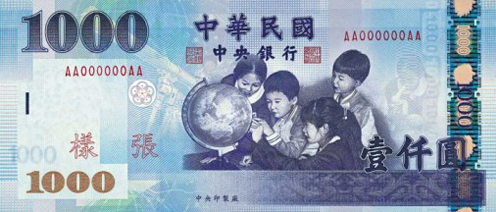
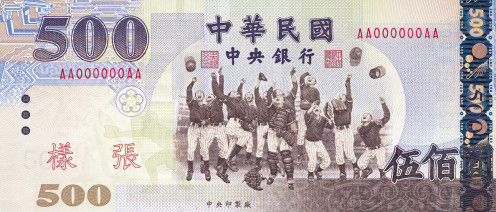
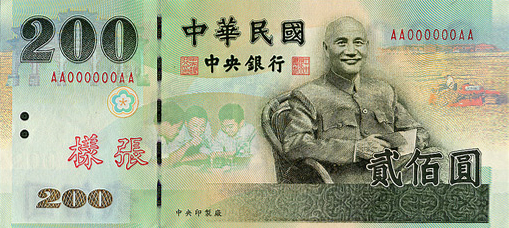
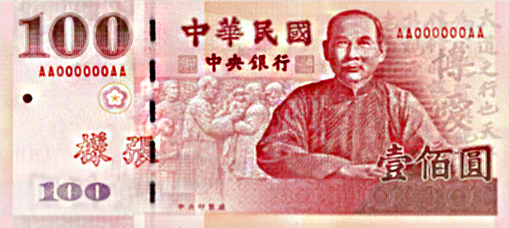
Taiwan is still mostly a cash-only society. Credit cards will be accepted at most hotels, larger retail stores, and tourist oriented businesses. However, it is common for restaurants to operate on a cash only basis, so have cash prepared when eating out. In addition, most stores in Taiwan do not accept travelers checks.
Employees at the airport, popular tourist destinations, hotels, and government offices are generally able to communicate with visitors in English.
Taiwan’s unique mountainous geography makes for densely populated urban cities and highly accessible wilderness areas. Taiwan is referred to locally as a “precious island” for its pristine natural resources, healthy food, and comfortable lifestyle. Modern 7-seater vans are popular for private tours and traveling in comfort is the norm. For individual travelers, Taiwan’s mass rapid transit, high speed rail, and regular train system are all modern, punctual, and extremely convenient means of exploring the island.
English: Most Taiwanese have received basic education in English and have been exposed to Western culture. American sports teams, music, films, and television series are popular among Taiwanese youth.
Mandarin Chinese: Introduced in the late 1940s with the arrival of the KMT government from China. It is now the official language of Taiwan, and spoken by the majority of the population (~85%).
Taiwanese Hokkien: Is the oldest Chinese language spoken in Taiwan. It is mostly spoken by the older generation (~83%) and is more common in the South.
Hakka: Spoken by around 6% of the population who are ethnic Hakka. There are also 16 recognized indigenous ethnicities each with their own living language.
Indigenous Languages: Of the indigenous languages that still remain, Amis, Atayal, Paiwan, and Bunan are the most popular and might be encountered on a trip outside of the urban areas.
The following times serve as guidelines but please be aware many restaurants and businesses keep their own business hours. It’s not uncommon for a restaurant to be open until midnight in large cities, but for all restaurants to close around 6 PM or 7 PM in the countryside.
Government
Weekdays
08:30~12:30, 13:30~17:30
Business
Weekdays
09:00~18:00
Department Stores
Open almost daily
11:00~21:30
Shops
Open almost everyday except for the Chinese Lunar New Year.
10:00/11:00~21:00/22:00
Convenience Stores
Open daily, 24 hours a day
(some stores open at 07:00~23:00)
Restaurants
Most open daily
Lunch 11:00~14:00
Dinner 17:00~22:00
(afternoon tea at 14:00~17:00)
Copyright © 2023. All rights reserved. Do Not Sell My Personal Information